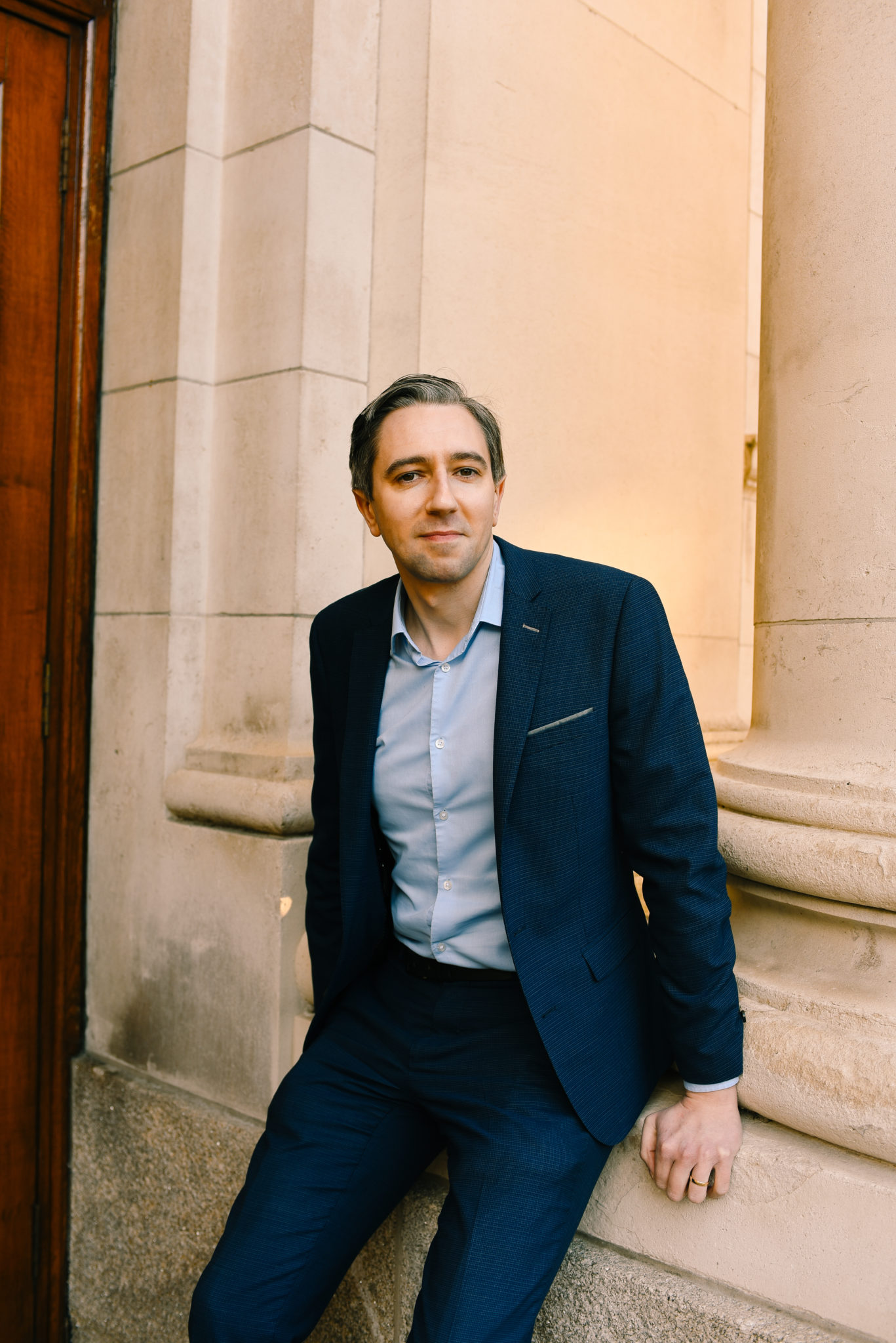- Lifestyle & Sports
- 31 Jan 23
CAO Special - Donnchadh O'Mahony: "There are 13 brand new courses for September without a points requirement to get in"

Donnchadh O’Mahony, guidance counsellor at Loreto College, Stephen’s Green, discusses all things PLC, QQI and more...
“I had students last year who didn’t attend college, even though they got their place in the course, because they couldn’t find accommodation,” says Loreto College guidance counsellor Donnchadh O’Mahony, recalling his experiences of 2022 in education.
“Even if you do source a place to live, are you in the situation that you can actually pay for it? If you live outside of home, it’s so much more difficult in every aspect.
“For students entering college in their first year, they won’t get the results or see an offer until September. At that stage, second-term fourth years all have their accommodation booked for the following year. It makes it all the more competitive for newer first years.”
What are the primary concerns of students coming to Donnchadh for advice?
“The main concern is grade inflation post-pandemic,” he replies. “This year’s group didn’t have a Junior Cert, so they’ve never sat a state exam before. They suffered through Covid as well, but they’re going to be competing against students from 2021 and 2022 who have had those massive senior points. There’s also a number of mental health concerns. In recent years, the OECD’s research described an unhealthy obsession with CAO points, leading to mental health issues for teenagers. It also causes strain for family members. I’m glad to see that new initiatives are being introduced to make college accessible without points.
“They are hopefully lowering points for certain courses as well. On December 6, Minister Simon Harris announced he’s going to have 13 brand new courses for September 2023, where there won’t be a points requirement to get in. You take part in an interview and a minimum Leaving Cert pass is required. Students carrying out those courses undergo two years in a college of further education and then do two years at either a technological university or a college. These exciting initiatives have flown under the radar. They will absolutely change the landscape of third level education in Ireland.”
 Simon Harris TD. Copyright Miguel Ruiz.
Simon Harris TD. Copyright Miguel Ruiz.Will CAO points eventually become a thing of the past?
“For a certain amount of courses, points will seem redundant or unnecessary, but some courses still require very high academics,” says O’Mahony. “It might even be a split system. Excelling at project work, communication, teamwork, problem solving and critical thinking is also hugely important. Our way of learning has served academics well, but probably not the middle of the road student or struggling students. Unfortunately, the academics make these decisions, but we’re getting to the idea that one-size doesn’t fit all. The Leaving Cert doesn’t allow students to be creative, and that’s a brilliant skill that a lot of people look for.
“Sustainability and environmental science were massive in 2022,” he posits of up-and-coming courses. “This generation is very aware of what’s needed when it comes to climate change. In America alone, $15 billion was spent last year on social media influencers for marketing. That’s a huge industry in itself. More businesses rely on social media managers and influencers for their brand nowadays than ever before.”
Does a university degree from “prestigious” institutions still have a bigger impact?
“More and more surveys are showing that employers don’t care as much anymore what your degree is or where you’ve gotten your degree,” says O’Mahony. “You can now do graduate programmes, PLCs and more. Certain vocational jobs require a specific degree, but the majority only want to see that foundation of education and basic skills. The only real difference in why students might want to go to UCD and Trinity is because they offer different study abroad programmes and internships, but with the QQI framework, every degree has to meet a certain standard.”
It’s important to remember that some students aren’t ready to make a big decision.
“I often encourage students to take a year out if they excel at something outside of academics,” Donnchadh stresses. “Maybe they’re brilliant musicians, footballers or golfers. We actually don’t encourage students to try and develop skills away from the classroom. Give it a year; if it doesn’t work out, go back and reapply for college. Statistically, you’re more likely to graduate from university if you did a PLC. If in doubt, follow your passion. A degree is only your foundation stage of lifelong learning.”
Read the full education special in Hot Press' Hot for 2023 issue, out now.
RELATED

- Lifestyle & Sports
- 30 Jan 24
CAO Special: Joe McGuirk - "A lot of what creativity is about is being comfortable in your surroundings"

- Lifestyle & Sports
- 26 Jan 24
CAO Special: Chelsey Minehane - "The sea is in my blood"

- Lifestyle & Sports
- 25 Jan 24
CAO Special - Max Pfeiffer: "Being a cook is a never-ending journey"
RELATED

- Lifestyle & Sports
- 24 Jan 24
CAO Special: Donnchadh O'Mahony - "Ignore the idea that the CAO is the be-all and end-all"

- Lifestyle & Sports
- 24 Jan 24
CAO Special - Keith Kelly: "I used up a lot of time, but at least I got to realise where I really wanted to go!"

- Lifestyle & Sports
- 30 Jan 23
CAO Special - Alex Tantoco: "There's always something new to learn in the audio industry"

- Lifestyle & Sports
- 27 Jan 23
CAO Special - Rachel Fogarty: "I’ve definitely benefited from the opportunities BIMM has brought me"

- Lifestyle & Sports
- 24 Jan 23
Education Special - CAO 2023: "It’s important to recognise that your future is in no one’s hands but your own"

- Lifestyle & Sports
- 09 Sep 22

